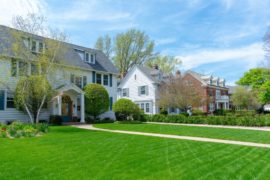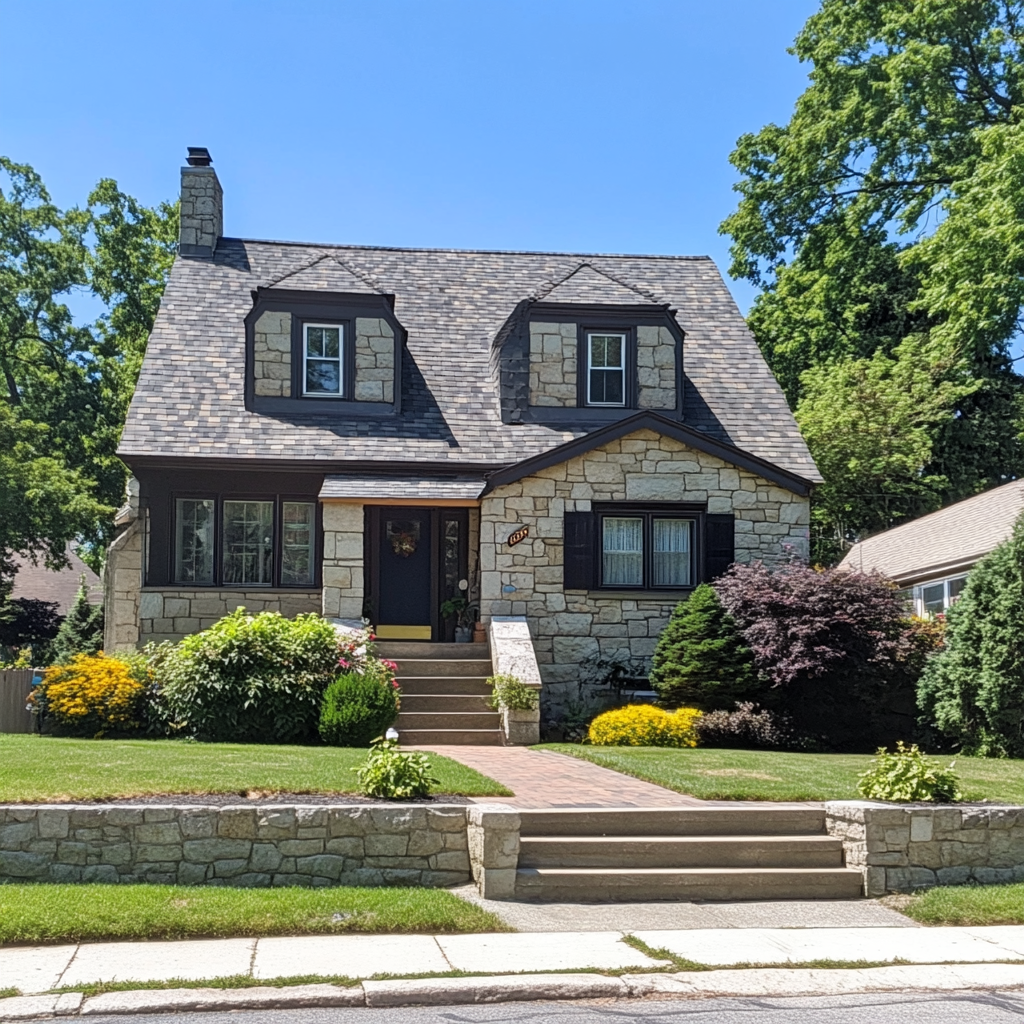We would like to think that home value by address is simple, but that is because we struggle to see what lies between the address and the bottom line. A single number is a powerful promise in any context. It’s even a comforting thought when applied to the most important material object in our lives. That number has to be simple, just like home itself. Yet it never is. Measurable things such as square footage and number of bedrooms make up only a part of the equation. Above all, there is location, the forces of supply and demand, and a more frivolous attempt to quantify elusive beings: sentiment.
Neighbourhoods are more than geography: they have heritage, reputations and stories, any of which can influence the value of the homes they contain. Two identical houses side by side might well sell at very different prices, one lying on a quiet, leafy street, the other just down the road, adjacent to a dual carriageway: not only because of the amenity differences, but possibly because of some vague sense that the value of a house is linked to the value of its surroundings.
Time is a factor, too. The property market is volatile, an envelope of rental bonds that inflates and deflates in line not just with the movement of monies in local and regional economies, but sometimes dramatically with interest rates and even global events as they work their way unpredictably through local boards and brokers. As tangible as real estate is, it is furthermore profoundly psychological.
The address itself often functions as a huge determinant of value; there are certain places that everyone associates with money and status. What do Beverly Hills, the Hamptons or the Upper East Side have in common? It’s not so much what they have as what they symbolise. Those tags could often make any average home a winner. But the same home in another place – say the Valley – is a real uphille battle.
Home value by address is as much a question of story as it is of stats. It’s the numbers, sure, but it’s also the lives we tell if, and about, we live there. Any real and subsequent emotional value that an address can accrue is about the life behind the house, and the identifications that we forge with the place itself. The value of a home is really, ultimately, human.




